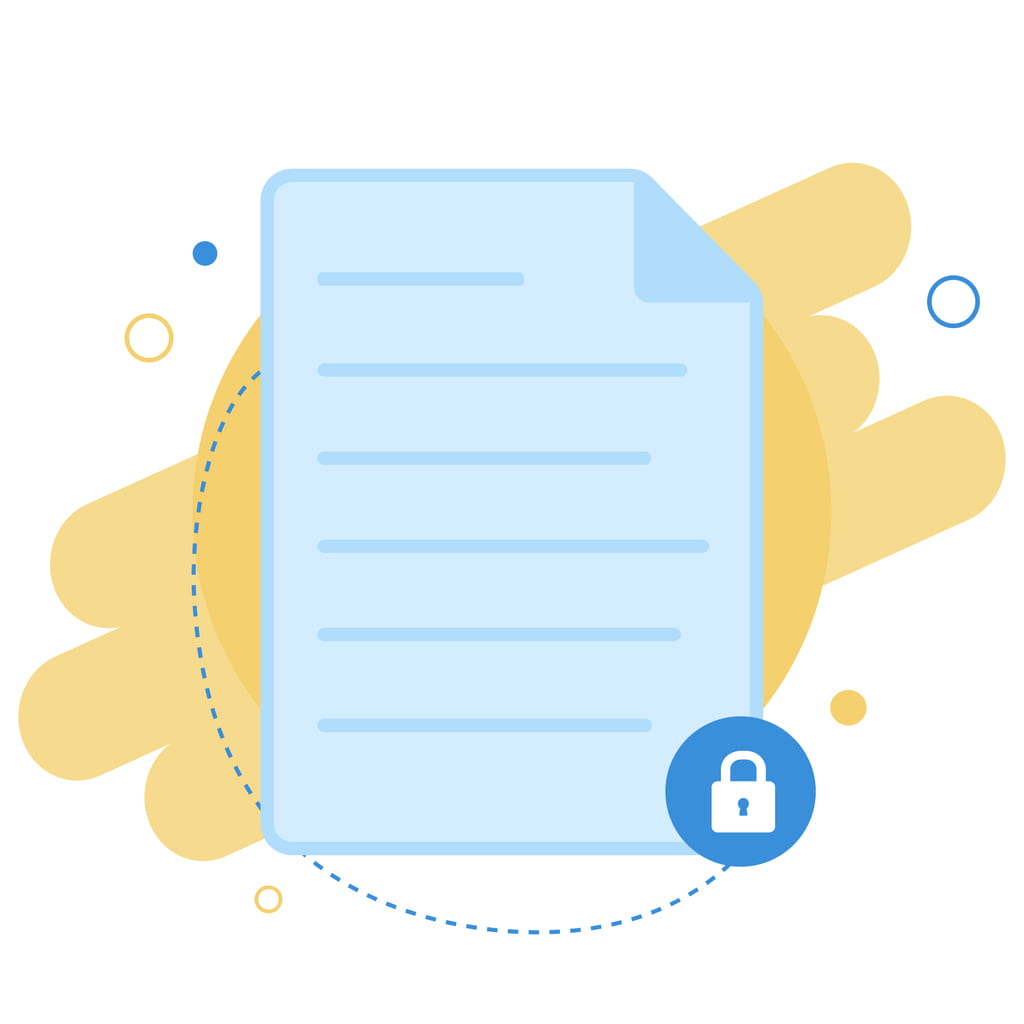Student Health has a full and complete explanation of confidentiality and privacy here.
If and when you have specific questions about your health care privacy, ask!
Note that what transpires in a clinical session would fall under highly confidential information, as described below:
Highly Confidential Information
Federal and state law require special privacy protections for certain highly confidential information about you (“Highly Confidential Information”). In order for your Highly Confidential Information to be disclosed for a purpose other than those permitted by law, your written authorization is required.
Health information that is maintained in psychotherapy notes or is about:
(1) mental health and developmental disabilities services;
(2) alcohol and drug abuse prevention, treatment and referral;
(3) HIV/AIDS testing, diagnosis or treatment;
(4) communicable disease(s);
(5) genetic testing;
(6) child abuse and neglect;
(7) domestic or elder abuse; or
(8) sexual assault
is considered highly confidential.

FAQ
No. Information shared in psychotherapy is private beteen you and the mental health provider(s). Counseling and mental health appointments and contents of the visit are confidential and protected under HIPAA.
Please note: Insurance companies (for external provider visits) does keep a record of health care visits. A copy of visit records that are charged to insurance is sent to the insurance policyholder, which may be a parent, guardian, or spouse if you are on their insurance. The visit typically shows the name of the provider. If you are on the USC Student Health Insurance Plan (SHIP/Aetna), you are the policyholder and are the only person who will receive this visit record.
No. Information shared in psychotherapy is private beteen you and the mental health provider(s). Counseling and mental health appointments and contents of the visit are confidential. Counseling and mental health appointments and contents of the visit are confidential and protected under HIPAA.